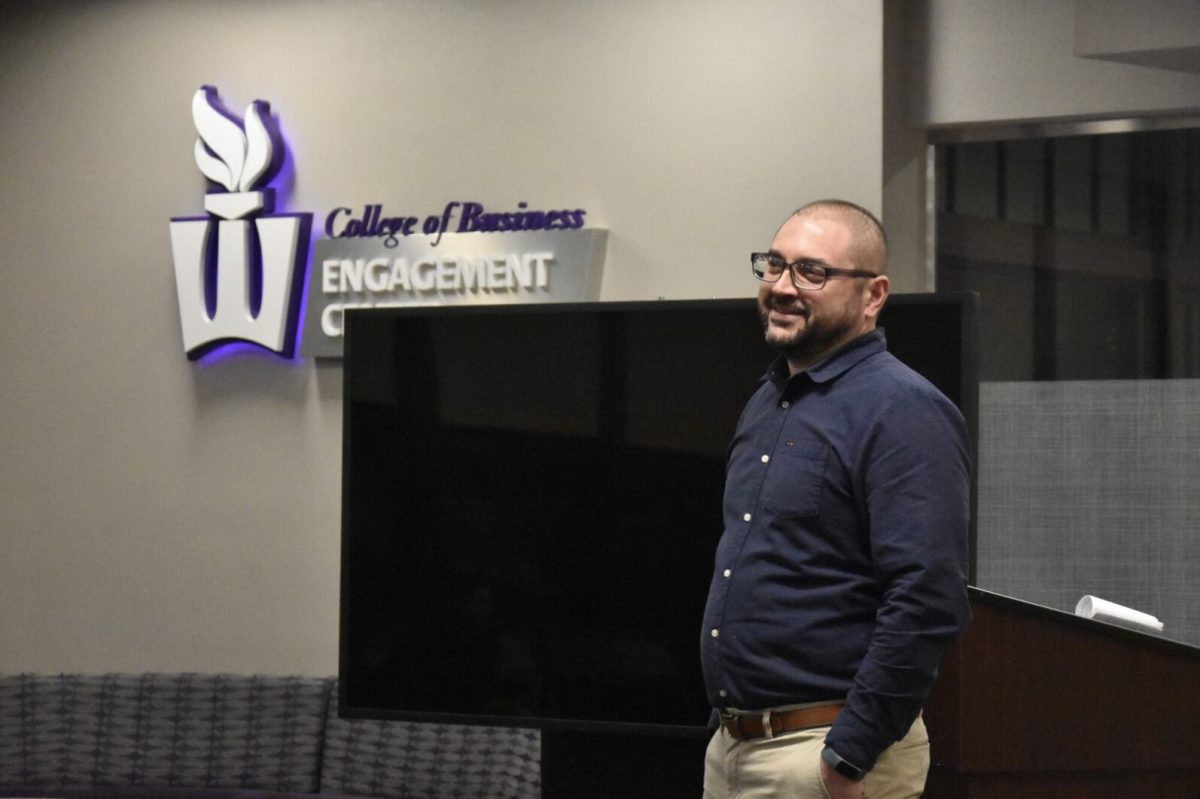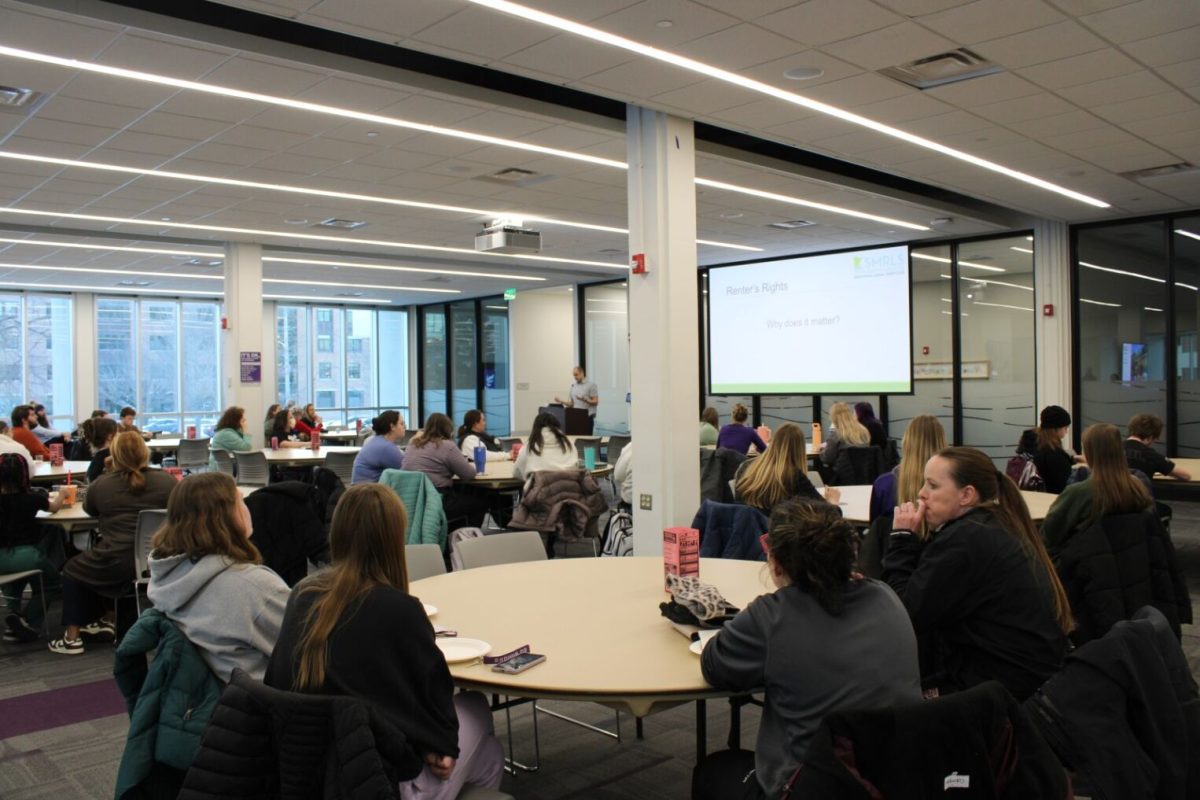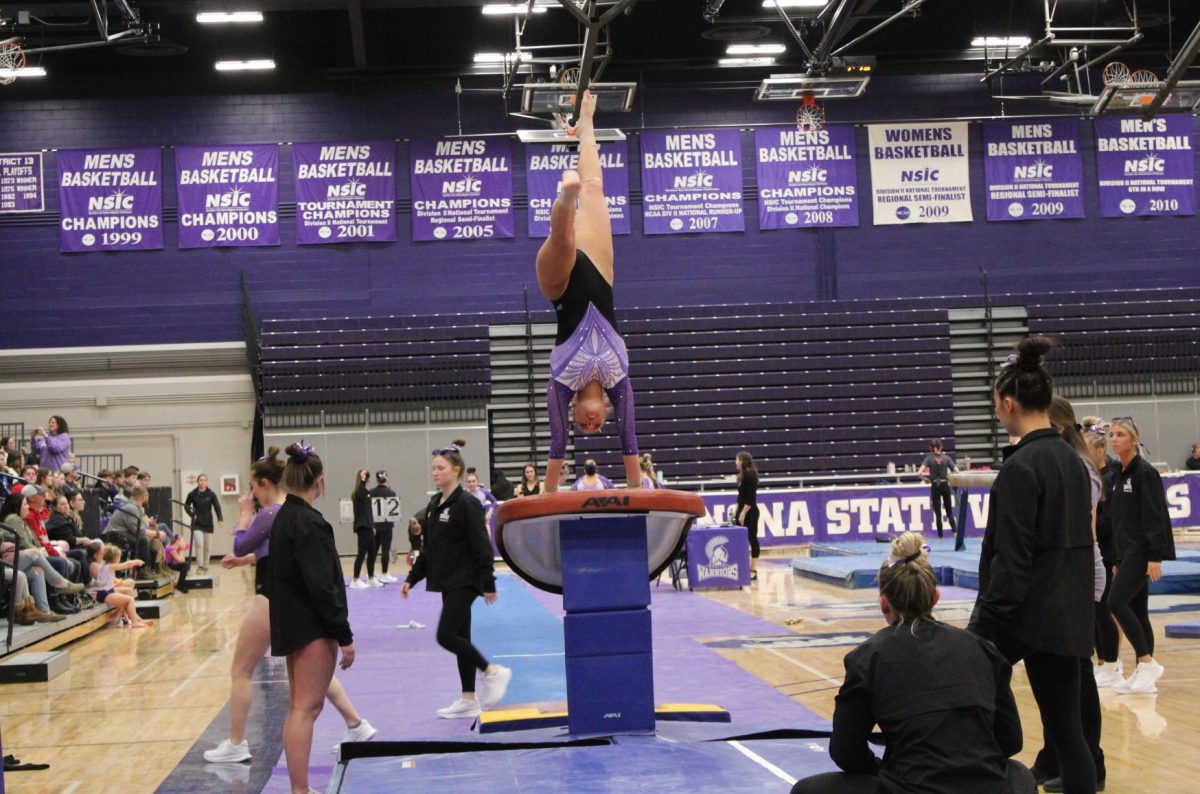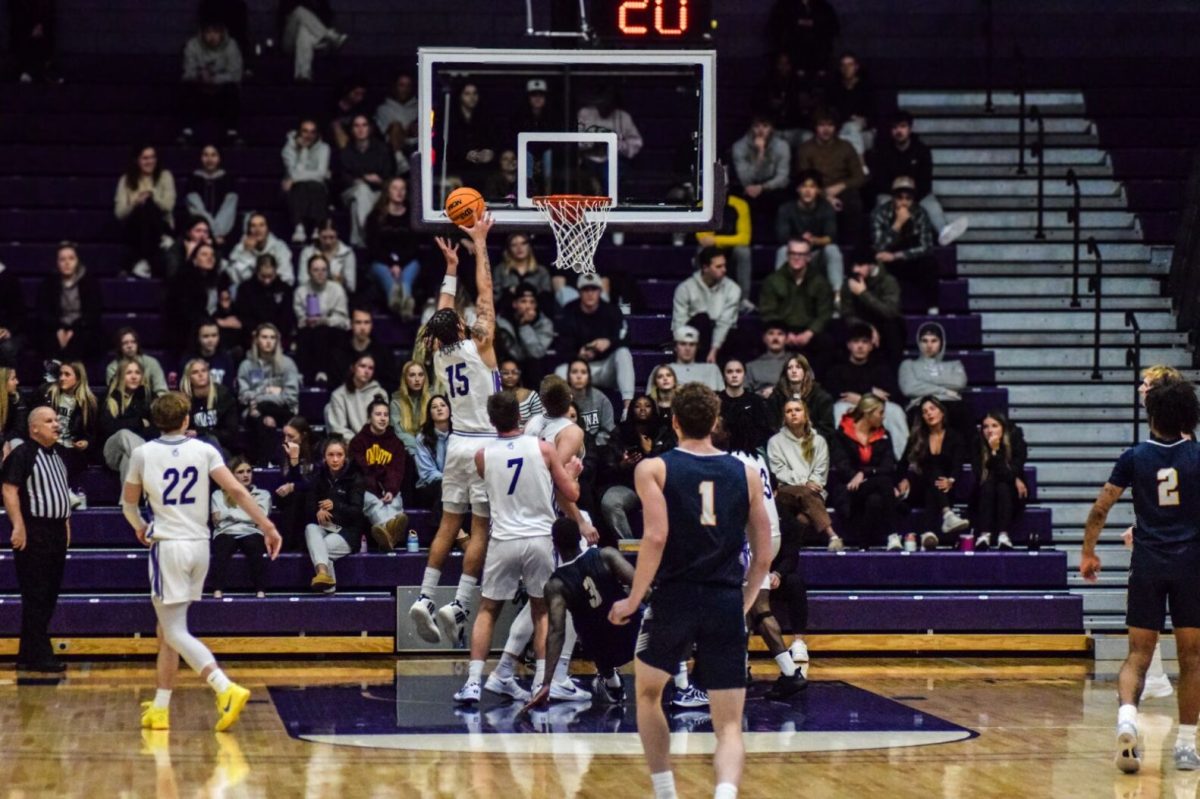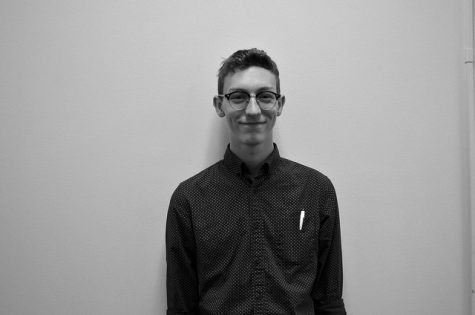Fulbright Program sends students abroad
February 21, 2018
The U.S. Fulbright Program at Winona State University was established in 1946, and has been assisting students and faculty to research in other countries, learn a new culture and help others learn English.
Renee Stowell, the Fulbright Program advisor at Winona State, says that it encourages students and professors to learn and represent the U.S., while having their flight, living and health insurance completely paid for.
The Fulbright Program, while encouraged at Winona State, is not an organization within the university. Rather, it is part of the U.S. Department of State and Bureau of Educational and Cultural Affairs. It awards over 8,000 grants to college graduates to go to one of their 160 host countries to do one of two things: teach English or do research.
Justine Anderson, a senior double majoring in public relations and Spanish, studied abroad last year in Spain and wants to go to Columbia to teach English with Fulbright. Anderson is a semi-finalist for the Fulbright program.
“The application process is stressful; it’s a lot of waiting. You need to research the country that you want to go to,” Anderson said. “You have more freedom to do what you want with study abroad. With Fulbright, you are on a specific track and you are more structured. But all of the accountability and responsibility is on you as the applicant.”
Anderson is currently awaiting her response from Fulbright which will come sometime in the next three months.
Winona State holds faculty that Fulbright has assisted as well: Matthew Lungerhausen, history professor, Erik Heinrichs, history professor, and Dr. Bruno Borsari, biology professor, are just three of those that work at Winona State and have received a Fulbright grant.
Lungerhausen researched in Budapest, Hungary in 2000 studying photography in the culture.
“The work I did in Hungary formed my dissertation for my Ph.D.,” Lungerhausen said. “Fulbright is different from study abroad in that it’s a self-directed program. You won’t have your hand held through the process. You need to keep track of it all, even when you’re in the country.”
Heinrichs received two Fulbright grants separately and researched German history in Austria and taught English in Germany.
“Fulbright helped me get into grad school. Without it, I wouldn’t be an academic,” Heinrichs said.
Borsari both did research and taught English at Universidad Católica Santa María La Antigua in Panama. He researched sustainable agriculture and assisted on a farm.
“It looks stellar on a resumé because of the reputation of Fulbright and the connections that you make,” Borsari said.
Connections play an academic and interpersonal role in the Fulbright program. One of Heinrichs’ professors abroad became his dissertation advisor, and Lungerhausen and Borsari are both in contact with people in the countries they went to.
“Going abroad with Fulbright is an amazing opportunity not just to learn about new cultures, but to share your culture to the citizens of the country that you’re in, in addition to language proficiency, and a great opportunity for grad school,” Stowell said.



